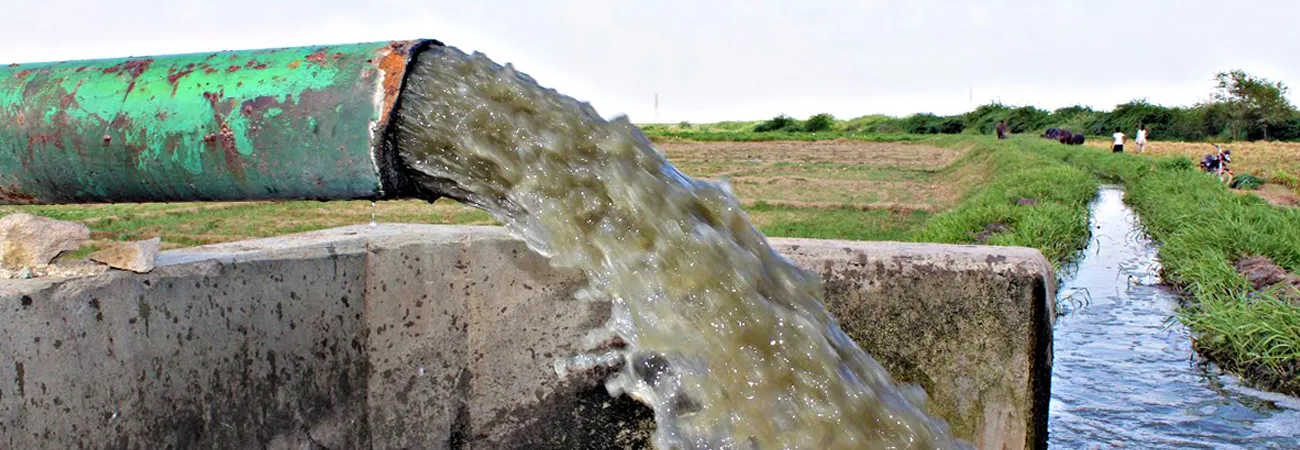i ECONOMY
Agricultural scientists stressed the need for innovative approaches to combat water contamination and enhance crop resilience in Pakistan. Speaking to WealthPK, Prof Dr Muhammad Sarwar, Pro-Vice Chancellor/Dean Agriculture, the University of Agriculture, Faisalabad, said kitchen gardening was the way forward to avoid unhealthy foods and ensure safety for the people. “We must go for ‘grow self and stay healthy’ by introducing modern technology to eliminate water contamination. The water contaminating agricultural produce is a serious threat to the farming community of Pakistan. We must grow resilient crops and use healthy water for our lands,” Dr Sarwar suggested. “In the given situation, the nation has to counter water degradation and soil and environmental issues. Our farmers need proper remedy for the persistent issues related to water contamination and crops. The stakeholders concerned must join hands and launch efforts to combat such challenges,” he opined. A couple of years ago, the Punjab government launched a campaign against the farmers irrigating their lands with sewage. The crops were destroyed and the farmers were warned to be careful in future.
This action was launched following reports that contaminated water was causing different diseases. However, this irresponsible and illegal practice is still on and nothing is being done against persons who are growing vegetables with contaminated water. Dr Patrick McKenna from the UK-based Canfield University recently addressed a seminar and highlighted the issue of utilizing wastewater to irrigate crops in Faisalabad. He said irrigation water was enhancing soil pollution in Faisalabad owing to peri-urban growth and industrial activities. Zafar Malik, a farmer from Mamun Kanjan, told WealthPK that they have been facing the issue of water contamination for years, as the millers were discharging their effluent into the drains, leaving no room for them to use the water for irrigation. He suggested that the agricultural scientists must visit the areas where water contamination was persisting so that a viable solution could be ensured. “It has been observed that most of the time scientists prefer to do research through their students instead of personally visiting the affected areas. Without ascertaining the ground realities, the scientists will not be in a position to come up with a worthy solution,” he said.
To lower the concentration of heavy metals in food and arrest the surging environmental issues, biomaterial sciences are the way forward, Prof. Dr. Abdul Khaliq of the University of Agriculture, Faisalabad told WealthPK. “Accumulation of heavy metals and pathogens found in the water resources is alarmingly high. Currently, we are facing a double-edged sword – diminishing crop resilience and unbridled trend of water contamination. The masses are very much disturbed due to the waterborne diseases which are posing serious threats to their lives. “The crops are losing their strength due to water contamination and changing climatic conditions. Without wasting time, we must evolve a practical strategy to improve the situation,” he added. Dr Muhammad Afzal of the National Institute for Biotechnology and Genetic Engineering (NIBGE) said people were facing multiple health issues due to the contaminated water. He said toxic items like pathogens, antibiotics and heavy metals in the wastewater were leading to multiple diseases. “This situation demands us to take measures to reduce water contamination and introduce resilient crops,” he said.
Credit: Independent News Pakistan (INP)









